
Click Here for Workshop Information
Click Here for Workshop Application
SGM Cancer CARE Team
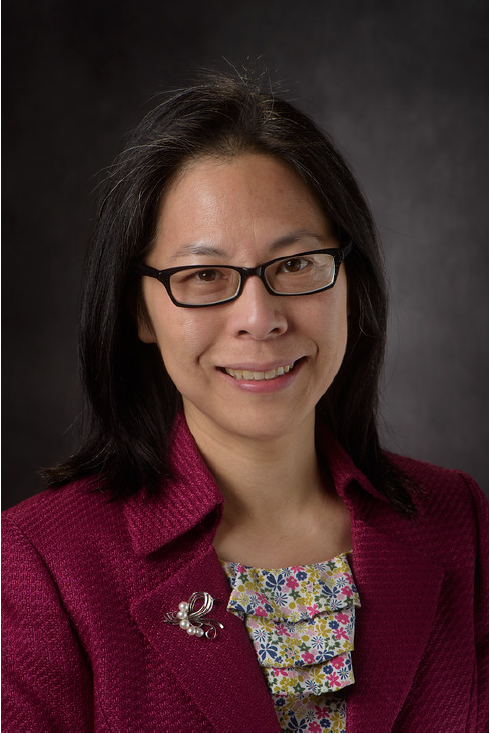
Shine Chang, PhD
Professional and/or Academic Title: University of Texas System Distinguished Teaching Professor, Ashbel Smith Professor, Department of Epidemiology; Director, MD Anderson Cancer Prevention Research Training Program
Institutional Affiliation, City and State: University of Texas MD AndersonCancer Center, Houston, TX
Professional interests:
- Cancer prevention research & epidemiology
- Innovative evidence-based strategies for education, training & professional development for researchers
- Promotion of diversity in the academic health center workforce
Bio: Degreed in epidemiology, Shine leads at MD Anderson a large nationally recognized training program in cancer prevention funded for 30 years by the National Cancer Institute for college students through postdoctoral fellows. In support of training and education, she leads research to build the evidence-base for interventions to diversify the biomedical and psychosocial workforce in addition to her research in obesity and weight gain as risk and prognostic factors for cancer. Past NIH-funded efforts have focused on promoting community-based participatory research training for scientists focused on Latinx health; the influence of professional development on retention and promotion in rank of women faculty careers in academic medicine; the role of mentorship and scientific communication skills development of trainees in research career persistence; and building tailored cancer prevention curricula in international settings through international partnerships. For fun, she likes to swing dance with her husband, which drives their three dogs nuts.
Webpage: https://faculty.mdanderson.org/profiles/shine_chang.html
Why I think SGM cancer care and research are important: “The best way I know how to have impact on the future is through education and training and when I realized a gap existed in the biomedical research workforce needed to advance the evidence-base for quality care across the cancer continuum from prevention through survivorship and palliative care for SGM groups, I asked people to step up and they did!”
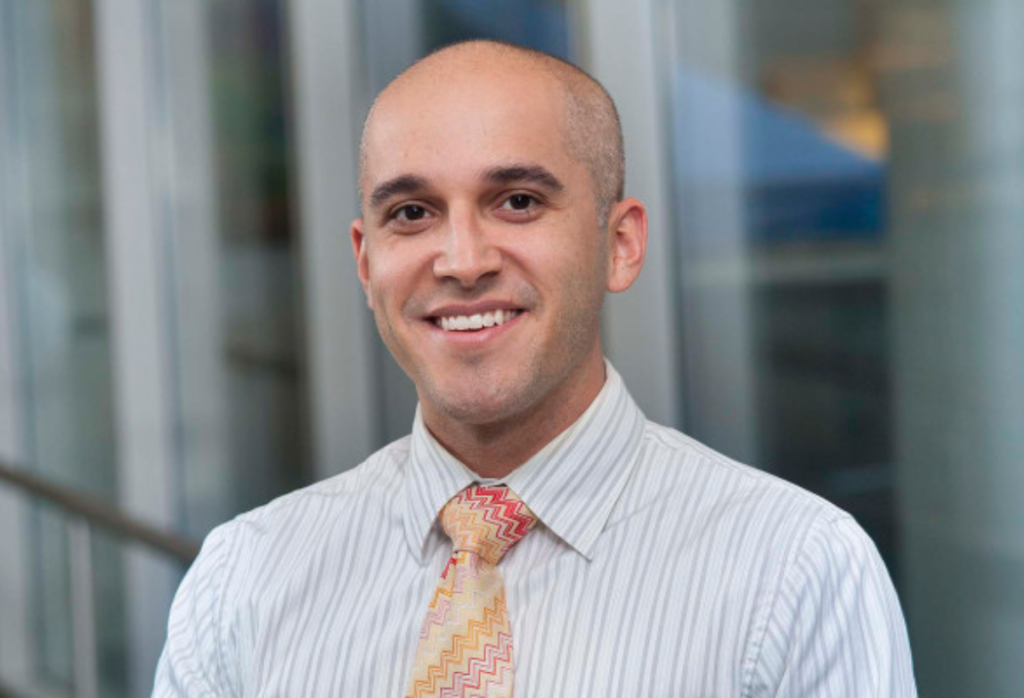
Nelson F. Sanchez, MD
Professional and/or Academic Title: Associate Professor of Medicine
Institutional Affiliation, City and State: Memorial Sloan Kettering Cancer Center (MSKCC) & Weill Cornell Medicine (WCM), New York, NY
Professional interests:
- SGM research
- Medical education
- Cancer research
- Pre-faculty development
Bio: Nelson joined the MSKCC & WCM faculty in 2008. He has published research on cancer prevention, LGBT medical education, transgender patients’ access to medical care, and LGBT health professionals’ perspectives on academic medicine careers. Since joining MSKCC, Nelson developed the LGBT Allies Training Workshop, Chair’s Weill Cornell Medicine’s LGBTQ+ Steering Committee and Co-Chairs the Annual National LGBT Health Workforce Conference. He is also Vice-President of Building the Next Generation of Academic Physicians Initiative (BNGAP), a nonprofit that supports diverse trainee interest in academic medicine careers. A Nuyorican raised in the Bronx, Nelson enjoys cooking and traveling around the world with his husband.
Webpage: https://www.mskcc.org/cancer-care/doctors/nelson-sanchez
Why I think SGM cancer care and research are important: “Training the next generation of SGM cancer researchers will ensure that my friends and family receive quality care along the cancer care continuum.”
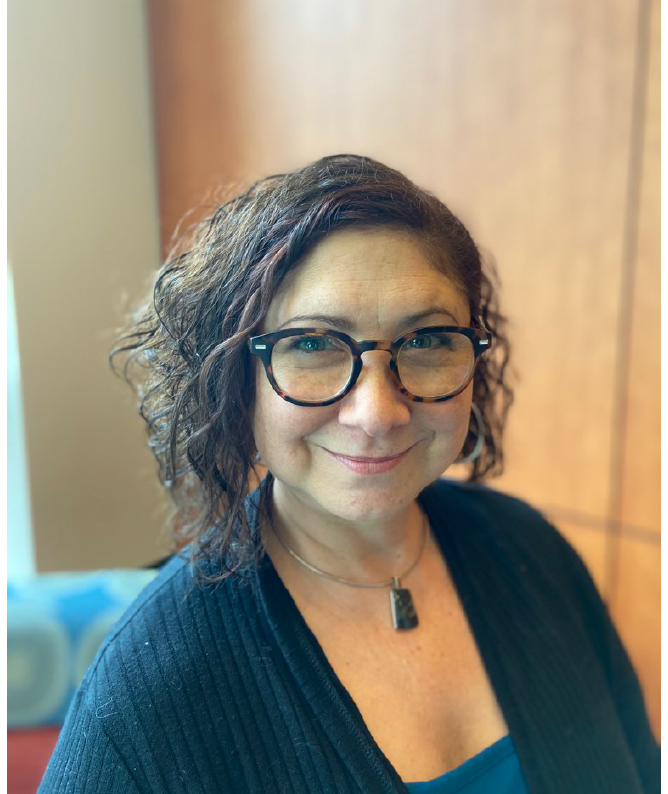
Miria Kano, PhD
Professional and/or Academic Title: Assistant Professor, Department of Internal Medicine, Division of Epidemiology, Biostatistics and Preventive Medicine, University of New Mexico; Member of the University of New Mexico Comprehensive Cancer Center; and Regional Coordinating Director, Geographic Management of Cancer Health Disparities Program (GmaP) Region 3
Institutional Affiliation, City and State: University of New Mexico, Albuquerque, New Mexico
Professional interests:
- Population science and cancer disparities research
- Cancer survivorship
- Creating evidence-based strategies for SGM education, training & professional development for researchers
Bio: As a medical anthropologist, Miria conducts population based research, working with diverse communities that experience cancer and health disparities, specifically those that are ethnic/racial and/or sexual and gender minorities, or those who are rural residing. Miria has been co-investigator on NIH funded initiatives to improve access to behavioral health counseling, substance use treatment, and primary care. She authored a Patient-Centered Outcome Research Institute (PCORI) Pipeline to Proposal Award (2014-2017) building a statewide network of physicians, health services researchers, healthcare advocates, and SGM community members to develop research, publishing guidelines for conducting culturally competent primary care research with SGM communities. Her current study uses mixed methods approaches to identify salient features of minority stress as it contributes to the cultural- and cancer-specific challenges experienced by SGM patients receiving oncology, oncology/palliative, and survivorship care, and their informal cancer caregivers.
Why I think SGM cancer care and research are important: “As a health disparities researcher and member of the SGM community, I have seen tremendous social changes that have improved life for many SGM individuals. Yet, we still see persistent SGM health disparities across the cancer care continuum. I think that the creation of more expansive health workforce that is adequately prepared to ask, study and respond to important research questions pertaining to SGM cancer prevention, treatment and survivorship is key to helping us achieve health equity for SGM individuals and communities.”

Irene Tami-Maury, DMD, MSc, DrPH
Professional and/or Academic Title: Assistant Professor
Institutional Affiliation, City and State: The University of Texas Health Science Center at Houston School of Public Health, Houston, TX
Professional interests:
- SGM research
- HIV research
- Cancer prevention research
- Global health
Bio: Irene, a Latinx originally from Venezuela, joined the faculty of UT Health Science Center at Houston in January 2020 after 9 years with The University of Texas MD Anderson Cancer Center. She also holds an adjunct appointment at The University of Texas School of Dentistry at Houston, TX. Irene’s research interests lie in two specific areas: 1) Cancer prevention and control in vulnerable populations, including sexual and gender minority groups, as well as people living with HIV/AIDS; and 2) eHealth/mHealth research and e-learning/training for health care providers and lay health workers in developing countries and underserved areas of the US. Irene enjoys being outdoors and is an avid fan of the magical realism genre both in literature and film.
Webpage:
Why I think SGM cancer care and research are important: “It is critical that the next generation of scientists and clinicians embraces the notion that everyone is unique and deserves cancer care that responds to their needs and affirms their individuality.”
Advisory Committee
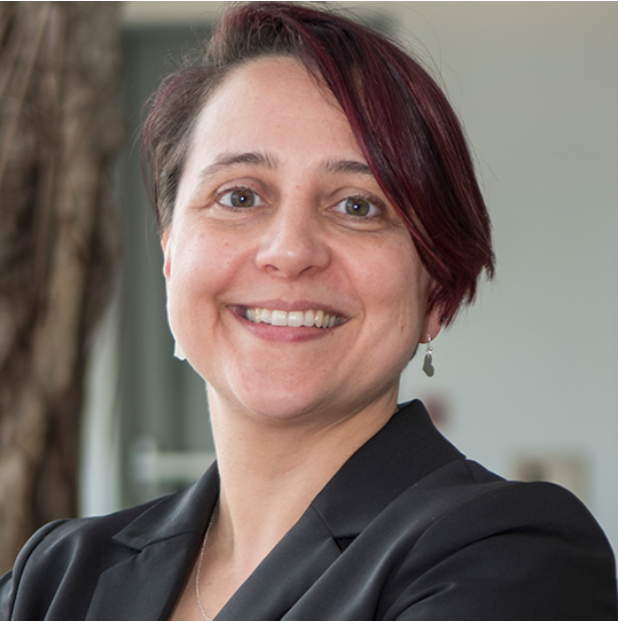
Mandi Pratt-Chapman, PhD
Professional and/or Academic Title: Associate Center Director, Patient-Centered Initiatives and Health Equity
Institutional Affiliation, City and State: GW Cancer Center, Washington, DC
Bio: Dr. Pratt-Chapman’s research has focused on workforce capacity to advance patient-centered care and health equity in oncology. She led the development of national, consensus-based core competencies; a no-cost training; and a certification process for patient navigators. She was co-PI for the National Cancer Survivorship Resource Center and co-authored four holistic clinical practice guidelines on breast, prostate, colorectal and head and neck cancer survivorship care. She has also been PI for three and co-PI for one Patient Centered Outcomes Research Institute-funded projects to inform health services standards for cancer survivorship and catalyze dissemination and implementation of evidence-based cancer survivorship and patient navigation practices. Dr. Pratt-Chapman is also working to improve the health of LGBTQI populations through technical assistance and training for health care providers. She has published many papers on effective training to reduce implicit bias and improve self-reported competence in provision of LGBTQI health care. Her personal mission is to scale evidence-based practices to optimize health for as many people as possible as quickly as possible.
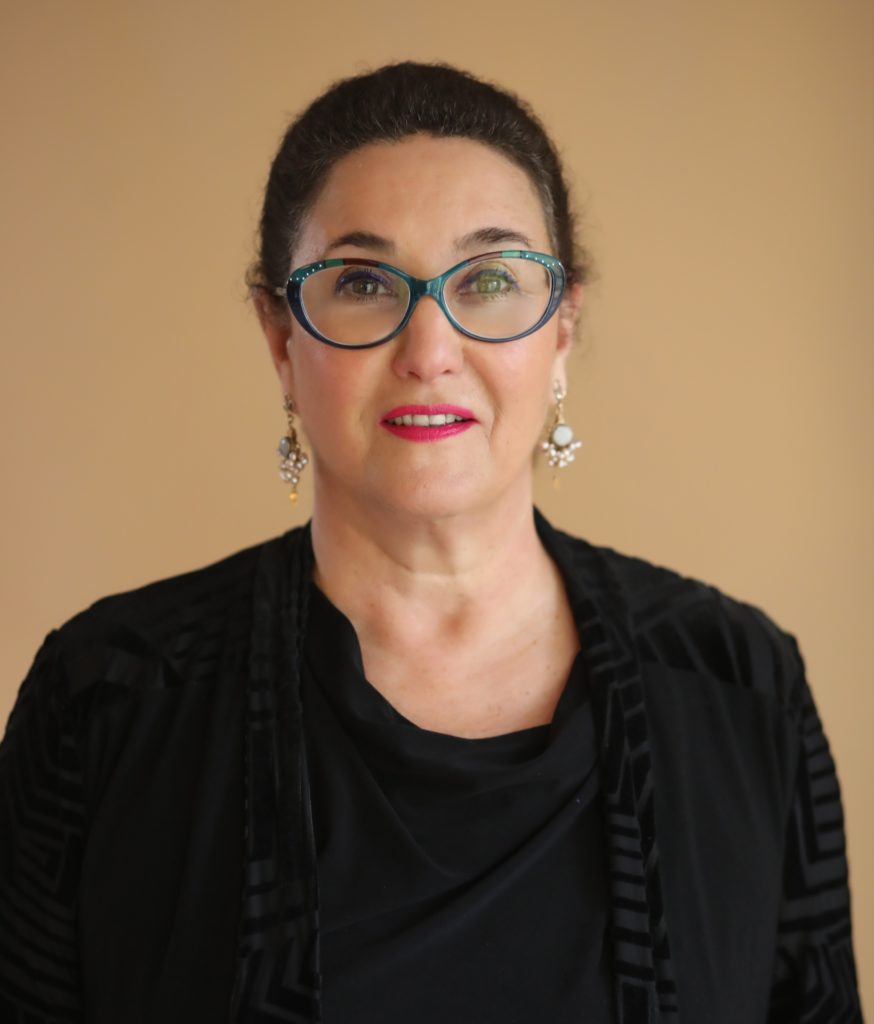
Ronit Elk, PhD
Professional and/or Academic Title: Professor
Institutional Affiliation, City and State: University of Alabama at Birmingham, Birmingham, Alabama
Professional interests:
- health equity
- Community-Based Participatory Research (CBPR)
- minority health outcomes and disparities
- culture
Bio: Despite a somewhat unusual career track (ten years in academia, ten years as a Scientific Program Officer at the American Cancer Society, and a return to academia five years ago), my research has always focused on health disparities with the goal of achieving health equity in underrepresented communities. My graduate training as well as my first research position in South Africa focused on health disparities in underserved elderly populations; in my first two R01s in the U.S. my research concentrated on reducing drug use and increasing compliance with a medical regimen in two populations at high risk – pregnant women addicted to cocaine and drug-dependent patients exposed to tuberculosis. Upon returning to academia, my research area has been on the impact of serious illness and palliative care with underrepresented rural and minority populations, African Americans in the South, and the LBGTQ+ community, with a particular focus on developing culturally-based interventions.
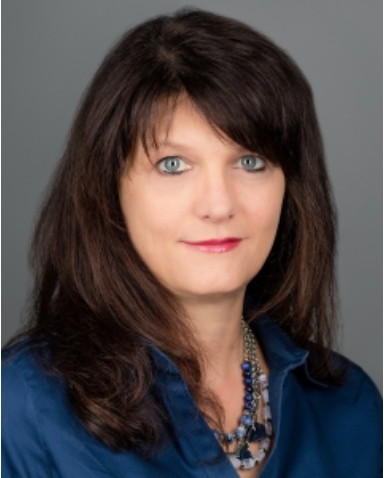
Gwendolyn P. Quinn, PhD
Professional and/or Academic Title: Livia Wan M.D. Endowed Chair and Vice-Chair of Research in Obstetrics and Gynecology and Professor in the departments of Population Health and the Center for Medical Ethics.
Institutional Affiliation, City and State: NYU Grossman School of Medicine New York, NY
Professional interests:
- reproductive health
- medical ethics
- cancer research
- health disparities
Bio: Dr. Quinn received her Ph.D. in educational psychology from Florida State University, did a post-doctoral fellowship in public health at the University of South Florida, and has post-graduate certification in Program Evaluation and Biomedical Ethics. She joined the faculty of New York University in 2017 and is the department chair of the promotion and tenure committee and a member of the NYU faculty senate. Prior to this move she was a member of the Moffitt Cancer Center and the University of South Florida for 18 years. Her research focuses on improving patient/family/physician communication through understanding the barriers and benefits of health care use from a multi- stakeholder perspective. Her current research and training efforts are in the areas of : Reproductive Health, Sexuality, and Fertility Preservation, Quality of Life issues in Pediatric, Adolescent & Young Adult and LGBTQ+ Cancer Populations, and Cancer Clinical Trials (including minority barriers to participation); and training researchers to conduct research with high risk populations. She is the author of over 300 peer-reviewed publications and has had funding from NIH, ACS, The V Foundation, and March of Dimes.
Why I think SGM cancer care and research are important: Cultural humility, being open to the aspects of identity that are most important to another is a perfect example how the platinum rule supersedes the golden rule. The golden rule state” do unto others as you would have done unto to you.” The platinum rule is what we should all strive for “do unto others as they would have done unto them.” Going the extra step to find out what and who is important to the person.
Contact sgmcancercare@gmail.com if you have any questions about SGM Cancer CARE’s work